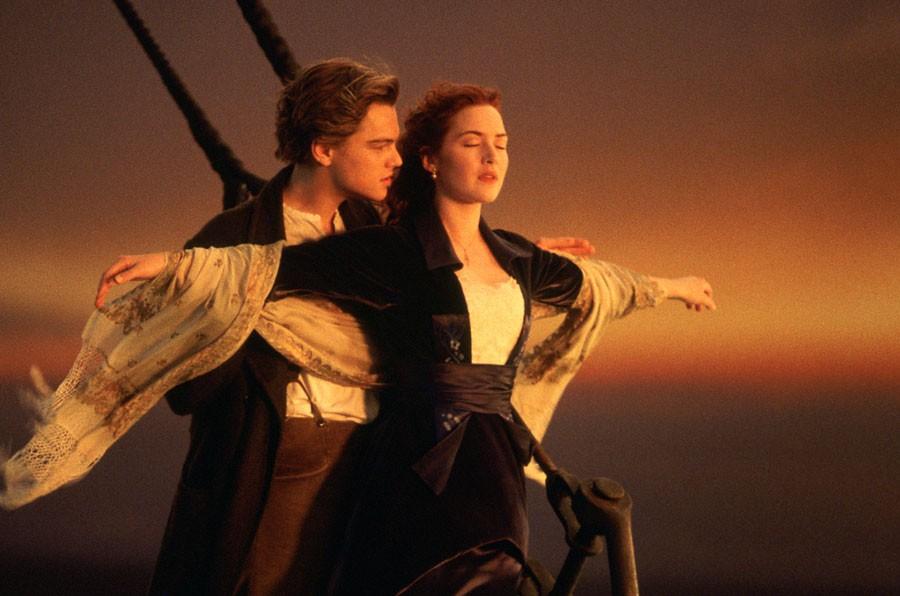Full heart, empty wallet
Is love blind?
Pink and red. Babies with heart-shaped weaponry. Candlelit dinners for two. An empty wallet. Crushing despair and loneliness. A single rose.
Each year, Valentine’s Day comes in an explosion of love and hearts and then promptly exits the stage, leaving behind the debt of expensive gifts and the sadness of those who wish they had a significant other.
The holiday was named in honor of Saint Valentine, a Roman priest who was supposedly imprisoned for performing marriages for soldiers who were forbidden to wed. Since the middle ages, it has been a celebration of romantic love and courtship. Although many cultures have their own ways of celebrating the holiday, the American version has become popular globally and in some places it has entirely superseded the existing traditions. Now, the primary method of showing your loved ones how much you care is buying them something.
“People go too overboard and spend too much money,” says Catherine Church, a sophomore at JSC. “The holiday has simply turned into a product of consumerism.”
According to a study by the National Retail Foundation in 2015, Valentine’s spending was estimated to reach nearly $19 billion. Most of this cash was expected to go toward the usual goodies: flowers, jewelry, candy, and the like.
Fellow sophomore Shannon McDuff has a more positive and family-oriented view of the holiday.
“I completely agree it’s over-commercialized and many wallets do take a hit on Valentine’s Day, but that’s not how it is for everyone,” she says. “Sometimes people need days like this to break up their normal routine and mix things up. Whether that’s couples going to dinner and a movie or mothers and daughters making a special dessert, it doesn’t matter.”
It seems many people prefer the social aspect of the holiday. In a survey done by eHarmony, participants were asked why they celebrate. Thirty-five percent, the largest response percentage, replied that it was because they genuinely enjoy celebrating the holiday. The next largest group, of 23 percent, replied that it was for the romance. The smallest group replied that they celebrated for the gifts, but it makes sense that people would be less likely to own up to that one.
Church believes that the holiday should be unnecessary. “I believe that every day should be about making the one you love feel loved,” she says. “There shouldn’t need to be a special day to remind you to do that.”
McDuff acknowledges that point as well, but adds, “In truth, people who say that usually don’t end up doing much … Sometimes we fail at going the extra mile for people and making them feel special, so for me it’s nice to have a day that reminds me to do those things.”
There is still a contentious social aspect of the holiday, however. “[Our culture] completely changes the original, religious purpose to celebrate the day,” says Church, “and turns it into a competition of the sexes over who is and isn’t single on a particular day in February.”
There is definitely a gender difference in the celebration of the holiday, at least when it comes to gift-giving. The 2015 National Retail Foundation survey found that the average man will spend approximately twice as much as the average woman ($128.90 and $62.47, respectively) when purchasing Valentine’s gifts for their significant other. Additionally, men’s gifts are more likely to be in the form of jewelry and flowers, while women lean toward candy and greeting cards.
As an alternative to the romance-saturated holiday, some people who are single instead choose to celebrate “Single’s Awareness Day” on either Feb. 14 or 15. Popular ways to celebrate this unofficial holiday include gathering with other single friends, traveling to interesting locations, and buying gifts for oneself.
McDuff, although single, still celebrates the traditional holiday. “[I] use it as an excuse to dress nicely and give small gifts to my close friends … While it might not mean much to my friends and family always, it feels important to me, even if it’s just two chocolates and a John Cena Valentine.”
Not everyone has strong feelings on the matter, though. Charlie Munroe and McKenna Bovey, both JSC juniors, agree that the holiday is, “Eh.” Bovey goes on to say, “Not my favorite holiday, but it’s nice to have a reason to celebrate.”
Whether you’re pro-Valentine’s Day, anti-Valentine’s Day, or somewhere in the middle, the choice to celebrate or not is a personal one. Having a nice dinner with your partner, traveling to Brazil, throwing chocolates at your friends, and ignoring the holiday altogether are all perfectly good ways to enjoy the day.
You do you.






